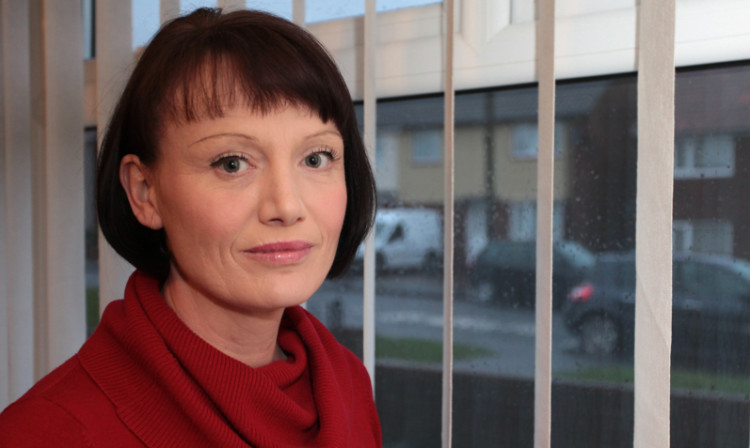
Soaring numbers of children are being “plunged into poverty” because their parents cannot find a full-time job.
Campaigners have reacted with fury after it was revealed youngsters with at least one parent in part-time work because they cannot find full-time work has increased by 46%.
Since 2010 the number of children aged up to 15 living with parents struggling for hours has increased by 200,000 to 646,000 in 2013.
Critics have claimed the expansion of part-time and zero hours jobs has forced thousands into poverty which is now having a major impact on a
generation of youngsters.
Beth Farhat, northern regional secretary for the Trades Union Congress, claimed the north-east was among the worst affected areas in the country.
She said: “The End Child Poverty coalition estimates almost a third of children in the North East are living in poverty. Work is no longer a guaranteed route out of this, as across the UK the majority of children living in poverty now have at least one adult in work.
“TUC research has shown that the combination of pay freezes and caps, along with cuts to social security, will push an extra 180,000 children in these families below the level of income needed to maintain basic living standards by 2015.
“This shocking squeeze is a direct result of Government’s policies.”
The figures were uncovered through parliamentary questions by Newcastle Upon Tyne North MP Catherine McKinnell, the Shadow Treasury Minister.
She said: “While Ministers have been squabbling about how poverty is defined, these figures show how much tougher life is for families under David Cameron’s Government.
“Getting parents into work should be the key step towards increasing their standard of living and reducing the number of children living in poverty. Labour will back families and help to make work pay. We will expand free childcare for working parents, strengthen the minimum wage and crack down on exploitative use of zero-hours contracts. And we also want to introduce a lower 10p starting rate of tax.
“But while ordinary families are struggling with a cost-of-living crisis, David Cameron has given a £3 billion tax cut to the top one per cent of earners. We’d reverse that after the election.”
A Department for Work and Pensions spokesperson said: “Creating jobs and getting people into employment are central to the Government’s economic plan to build a stronger, more secure economy, so it is encouraging that we now have record numbers of people in work.
“1.3 million more people are now in jobs compared with 2010 and over a million of these jobs are full-time. Over eight in ten people who work part time do so because they want to, and the number of part-time workers who want to work full-time has decreased by 29,000 over the last three months.
“Our welfare reforms will improve the lives of some of the poorest families in our communities with the Universal Credit making three million households better off.”
For two decades Rochelle Monte has cared for elderly people, making sure they are happy and content in their own homes.
The 38-year-old married mum-of-three works tirelessly six days a week and takes great pride in putting a smile on the faces of the people she helps.
But Rochelle, from Newcastle, claims being trapped on a zero hours contract means she often earns below the £6.31 an hour national minimum wage.
She said: “I am on zero hours, so I don’t get paid for my travel time which means it is effectively less than minimum wage. From Monday to Friday, given the route I have got, I earn £5.97 an hour. Last Sunday I worked all evening from 4.30pm to 10pm and I got paid three hours 20 minutes.”
She added the lack of funding for social care also means dedicated staff are not able to provide the care elderly people deserve.
She added: “The fact social care is so under-funded, I see the knock-on effect for people receiving it.”

Enjoy the convenience of having The Sunday Post delivered as a digital ePaper straight to your smartphone, tablet or computer.
Subscribe for only £5.49 a month and enjoy all the benefits of the printed paper as a digital replica.
Subscribe